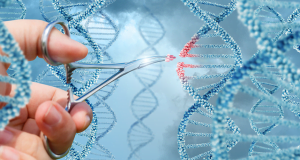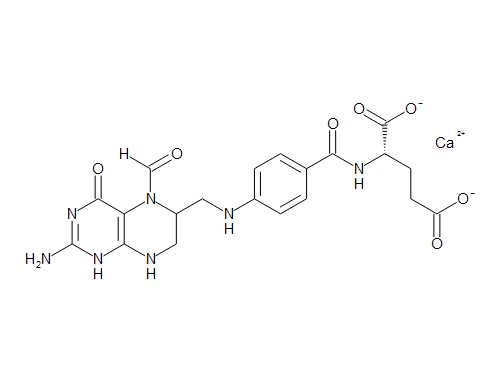CRISPR, a new gene-editing tool, could be a powerful tool in the fight against autism!
Scientists believe that CRISPR could edit out autism traits. It’s a big statement and comes along with a lot of unanswered questions and moral issues, but any breakthroughs in the fight against autism are welcome ones. This new technology could one day eliminate the genes responsible for autism and revolutionize autism therapy.
CRISPR has already proven that it’s a game changer when it comes to biomedical research. It makes altering genetic 
While the technology is there, any tests on humans are still a long way off, but the initial results hold a lot of promise for good things to come. Hye Young Lee, the lead author on the study, said in an interview with Newsweek “I really want to give hope for patients and families. We are working on it, and they should not lose hope.”
Lee, who is currently an autism researcher at the University of Texas Health Science Center in San Antonio, used a thin needle to inject CRISPR-Cas9 into the brains of mice, aiming for the striatum, the area of the brain responsible for habit formation. After their operation, the mice were allowed three weeks of recovery time before scientists begun to study their behavior. “You could knock out disease-causing genes and actually see fairly significant behavioral changes,” said bioengineer Niren Murthy, who also worked on the study
“I really want to give hope for patients and families. It is such a social burden on them, and having the patients in the family affects the whole family,” Lee said. “We want to help them.”





